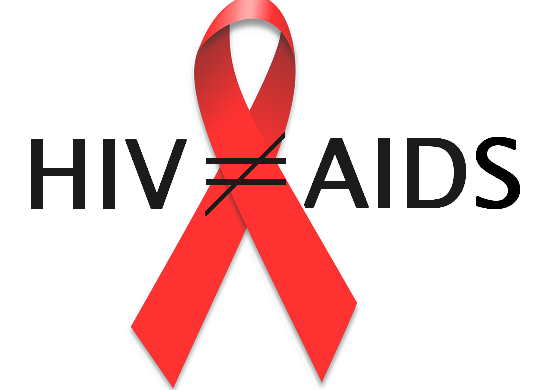The National Agency for the Control of AIDS says no fewer than 40,000 Nigerians living with Human Immunodeficiency Virus are on treatment in Kaduna State.
The Director General of NACA, Dr Gambo Aliyu, made this known at a one-day Multi-Stakeholder dialogue organised by the Nigerian Network of Religious Leaders Living with or personally Affected by HIV/AIDS (NINERELA+) in Kaduna on Monday.
Represented by the Kaduna NACA Zonal Coordinator, Mr. Tobias John, the Director General raised the alarm that donors of the drugs would in the next few years( 1 to 3 years), stop providing the drugs for those living with the virus in the state.
According to him, Nigeria has achieved epidemic control such that those funding the response for over 25 years will be going back to their countries soon.
This, he said, was because the donors funding the project claimed they could no long continue to spend their taxpayers resources on African and Latin Americans.
The NACA boss, then stressed the need for government and other stakeholders to deploy strategies on the way forward after the donors had left in order to ensure a safe communities that are HIV free.
He said, “Nigeria has achieved epidemic control where the people who have funded this response for over 25 years are telling us that they are going back to their country because the coronavirus killed more of them(whites) than Africans and they cannot continue spending taxpayers resources on African and Latin Americans.
“What this means is that in the next two or three years, the donors will leave and we will be left with the burden of providing drugs worth over N2 billion for the over 40, 000 people who are currently on drugs in Kaduna annually.”
Earlier in her remarks, the Executive Director, NINERELA+, Amber Erinmwinhe said the dialogue represented a significant milestone in the collective efforts to address the challenges posed by HIV stigma and gender-based violence in the society.
She noted that the dialogue was aimed to explore, dissect, and illuminate the intersections between HIV stigma and gender-based violence.
“We have brought together diverse stakeholders, including government representatives, civil society organizations, faith leaders, healthcare professionals, activists, and community members, all sharing a common commitment to positive change.
“We will challenge myths, debunk stereotypes, and uncover the stories of resilience within our communities. Together, we will analyze the legal and policy frameworks that either support or hinder our progress in this crucial area,”
she added.
Also speaking, NINERELA+ Nigerian Ambassador and Board Chairman, Aisha Usman who has been living with HIV for over 23 years explained that gender and human rights violation is a major driver of HIV.
Usman urged religious leaders to use their voices to reduce the spread of HIV, stigmatisation and sexual and gender-based violence in communities.
In a goodwill message, the State Coordinator of the National Human Rights Commission, Dr. Terngu Gwar said discrimination and gender based violence were critical development issues that required urgent interventions.
According to him, continuous dialogue and engagement especially with religious and community leaders will go a long way in reducing the issues of stigma and discrimination in the country among to people living with HIV.
In their separate remarks, both the representatives of the Christian Association of Nigeria (CAN), Kaduna state and the Association of Muslim Intellectuals of Nigeria, Archbishop Joseph Yari and Alhaji Lawal Juniad, said faith-based leaders must try to update themselves on the developments and challenges in order to proffer solutions. ENDS…







